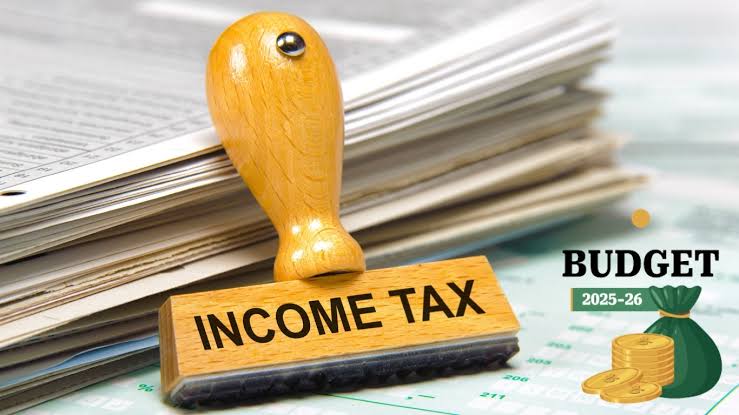Special Correspondent
Published:2025-08-07 20:59:08 BdST
Taxpayers under increasing pressure
The revenue collection target for the current fiscal year (2025–26) has been significantly increased compared to the previous year (2024–25). As a result, the National Board of Revenue (NBR) now faces the challenge of collecting approximately 35% more revenue than last year.
Particularly, the income tax target has been raised by 42.63%, one of the highest increases in NBR’s history. The value-added tax (VAT) target has been raised by 30.49%, and the customs duty target by 29%.
In FY2025–26, the NBR is tasked with collecting Tk4.99 trillion in revenue, whereas in the previous fiscal year (2024–25), it had collected Tk3.7 trillion.
To meet this target, the three major wings of the NBR must collect between 29% to 43% more revenue than the previous year.
However, last year’s revenue growth was only 2.23%, one of the lowest growth rates in history. In June of the last fiscal year, revenue collection fell short of the target by 37.6%, and by the end of the year, the shortfall stood at 19%.
Given this context, analysts believe that the high revenue target may impose excessive pressure on taxpayers.
Dr Fahmida Khatun, executive director of the Centre for Policy Dialogue (CPD), said, “Such a high target is not achievable in the current economic context.”
She added, “There is no dynamism in tax collection, the business environment remains unstable, production costs have risen, and profits have decreased - all of which have reduced businesses’ ability to pay higher taxes.”
An NBR senior official, speaking on condition of anonymity, said, “Typically, tax collection gains momentum in the final month of the fiscal year, but that didn’t happen this time. Internal instability at the NBR, weak implementation of the Annual Development Programme (ADP), stagnant investment, and business downturns are to blame.”
Moreover, the much-anticipated institutional reforms within the NBR are yet to materialise. The ordinance for the separation of tax policy and tax administration, originally scheduled to be passed by 31 July 2025, has also been delayed.
On this, Dr. Fahmida said, “The failure to implement these reforms has increased harassment of taxpayers. Now, the NBR is trying to forcibly extract more revenue from the same existing taxpayers.”
Amid such weak revenue performance, the government has adopted an austerity-focused budget for the current fiscal year to address the budget deficit, according to Finance Adviser Dr Salehuddin Ahmed.
According to the Ministry of Finance, government expenditure in FY2025–26 may drop to 12.7% of GDP, while the development budget is the lowest in the past four years.
Analysts believe that unless realistic planning is undertaken for revenue collection and transparency ensured in the tax system, these developments may have a negative impact on the overall economy.
Unauthorized use or reproduction of The Finance Today content for commercial purposes is strictly prohibited.


